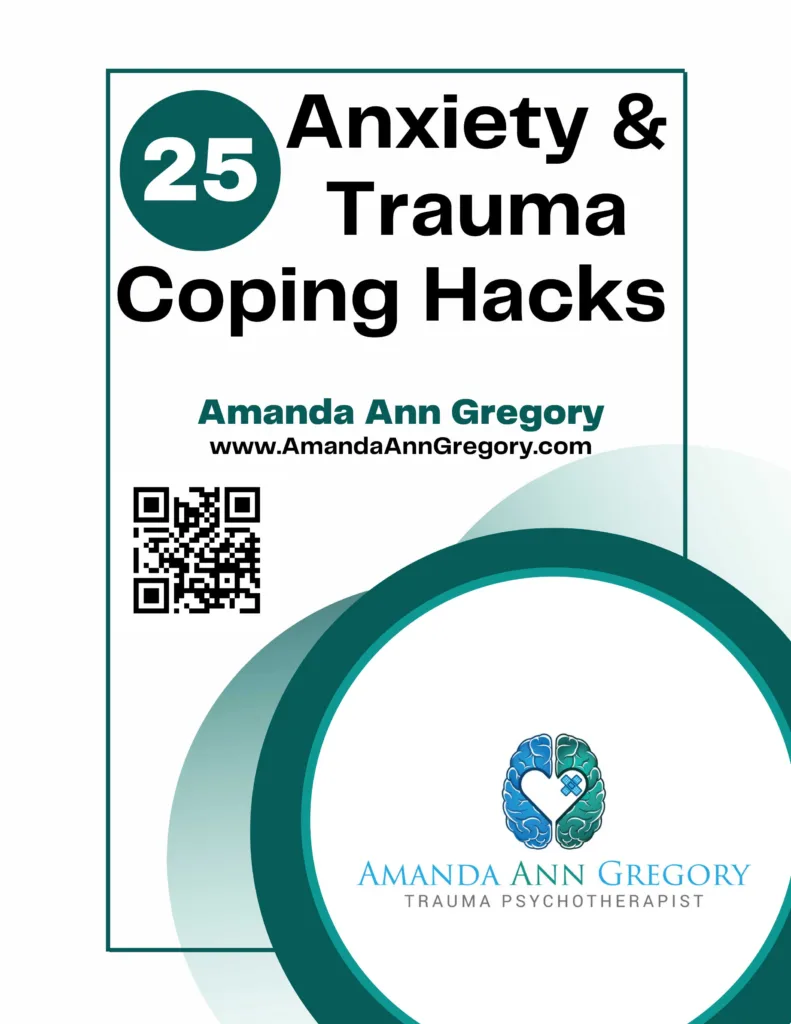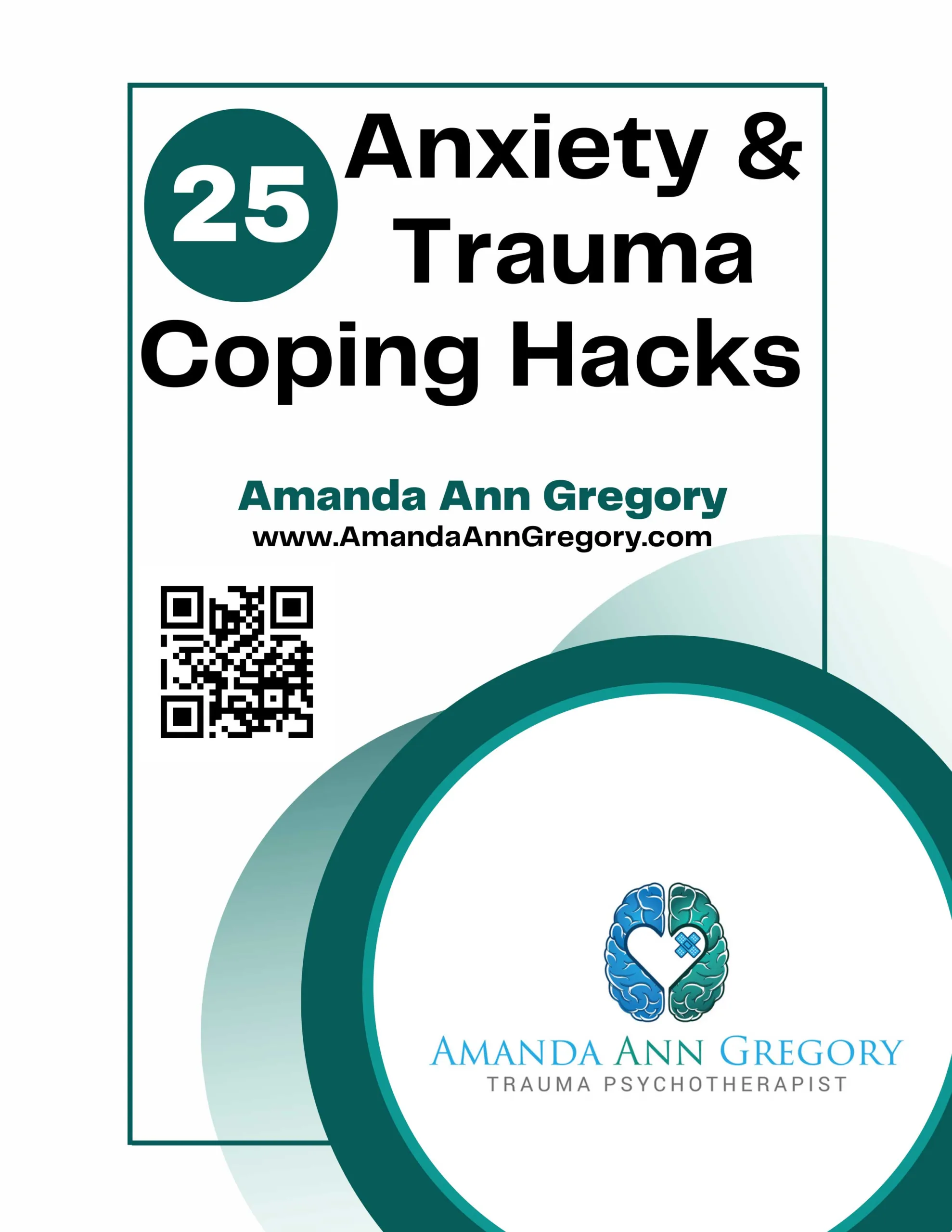Parentification is a term used to describe a role reversal that occurs between a parent and a child in which the child acts as the caretaker for their parent. While researching my book, You Don’t Need to Forgive, I discovered that parentification is a common complex trauma response.
Parentification typically occurs when parents struggle with attachment, trauma, mental illness, substance abuse, emotional immaturity, or a lack of emotional, financial, or community support.
Parentification looks like many things, and the child may be a voluntary or involuntary participant. Here are a few examples of parentification:
-
- A child is treated as an equal, a peer, or a friend by a parent.
-
- A child supports their parent’s emotional needs.
-
- A child consistently tends to the emotional and physical needs of their siblings.
-
- A child is responsible for running a household (cooking, cleaning, babysitting, etc.).
-
- A child is consistently asked to complete adult tasks.
As a parentified child becomes an adult, their experiences can negatively impact their relationships and emotional and physical health. If you’ve experienced parentification, there are many things that you can do to overcome it. Consider these 5 options:
1. Identify and Recognize Parentification
It might help to acknowledge that you experienced parentification (regardless of what contributed to the development of this dynamic); it occurred, and it was toxic. In addition, identifying how parentification has negatively impacted your life might also be beneficial.
Do you struggle to attach to others? Do you experience shame? Do you tend to take on the role of caretaker in your relationships? Do you struggle to allow others to care for you? Do you experience anxiety, anger, or depression? All of these can be responses to parentification.
2. Engage in inner-child work
It wasn’t your adult self who experienced parentification, but your child self, which is commonly called your “inner child.” Overcoming parentification becomes more possible when you engage in inner-child work, or when you involve your inner child in your healing processes. This process can involve connecting and communicating with your inner child, validating their experiences, orienting them to the present, and meeting their needs for nurturing, attunement, and parenting.
3. Establish and maintain healthy boundaries in your relationships
Parentification can make it difficult to address your own needs within relationships. You might always put the needs of others first or may not consider your own needs at all. You may struggle to say “no” due to fears of abandonment or disappointing others. You might feel responsible for other adults in your life.
One aspect of overcoming parentification is to learn to establish and maintain healthy boundaries with your romantic partners, family members, friends, colleagues, and community members. These boundaries should empower you to get your needs met in relationships and allow others to support you.
4. Seek support when parenting children
Parentification can be a cycle that is repeated with each generation. If you have children or if you serve as a caretaker for children, you can stop this cycle. The easiest way to prevent parentification is to treat children like they are children. This may sound easy to do, but it’s not if you yourself weren’t treated like a child when you were one.
It’s important to seek out information and support from others for guidance concerning what is age appropriate for children throughout their development. For example, asking a ten-year-old to clean the table after dinner is age appropriate and can help the child build skills and responsibility. Yet, asking a 10-year-old to do the grocery shopping alone isn’t age-appropriate. Learning to parent children can also help you in your own healing.
5. Participate in therapy at address parentified patterns
Parentification can be difficult to overcome on your own. You may want to connect with a therapist who is familiar with parentification and who can provide effective interventions to help you heal from it. I recommend participating in a consultation with a therapist to discuss parentification in order to gauge their expertise and your level of comfort with them.
Purchase my book, You Don’t Need to Forgive

Sign up to get your Free eBook: 25 Anxiety & Trauma Coping Hacks

Hire me to speak at your event! Contact Me






